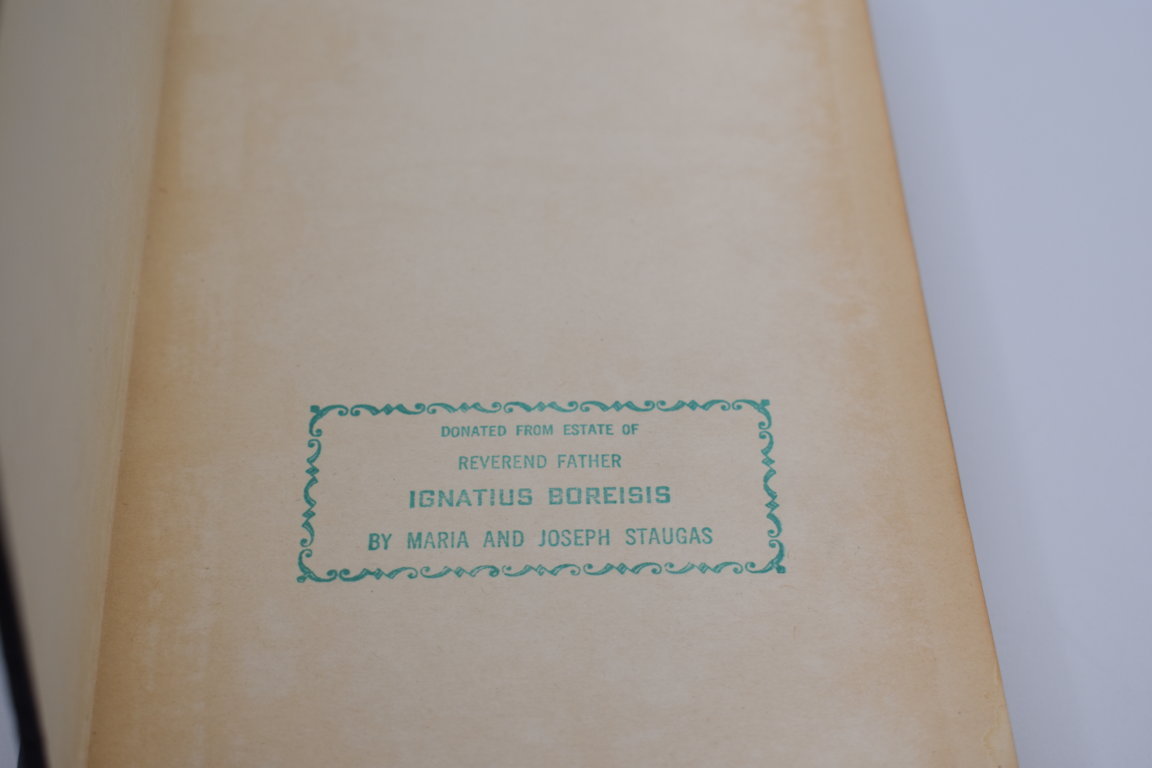


Perhaps that which differentiates from other animals is feeling rather than reason. Unamuno opens with his view that, contrary to the modern presumption, man is actually an affective (feeling) creature much more than a rational one: It will necessarily be selective, and should be considered as more of a sampling than a comprehensive summary. Not having the background to adequately analyze his philosophical arguments, the following is intended to provide a sense of Unamuno’s arguments and approach. For the lay-reader, who may not be familiar with the many philosophers and writers he quotes, and with the details of the philosophical and theological arguments he recalls, Unamuno’s style helps to somewhat lighten the complexity and density of the reasoning getting the gist of his argument in each chapter and for the work as a whole is fairly straightforward, even if the details of his reasoning can require a careful reading with reference works at hand. His writing style and structure give a reader the feeling that Unamuno has not so much written this work for someone to read and become convinced, but rather that he imagines himself speaking directly to the reader, and since he can not be there in person, having written down what he would have said had he been able to sit across the table from us. Unamuno addresses these ideas at length, approaching them from different angles, seeming to anticipate objections, alternative proposals or uncertainties the reader might have, and countering them with his carefully reasoned arguments.

These essays build on one another, each with a relatively small number of core ideas, perhaps two or three. Unamuno makes his argument over twelve chapters, originally written as a series of essays. To have awareness of these questions, he states, is to have a “tragic sense of life.” In his book Tragic Sense of Life, the Spanish author and philosopher Miguel de Unamuno gives his clear and unequivocal answer: what gives life meaning is our longing to understand the “wherefore” of our destiny, and our “thirst for eternal life,” which he states is a fundamental desire we all share.

What gives life meaning? One of the most fundamental questions we can ask ourselves, and the subject, directly or indirectly, of many shelves worth of fiction and non-fiction.


 0 kommentar(er)
0 kommentar(er)
